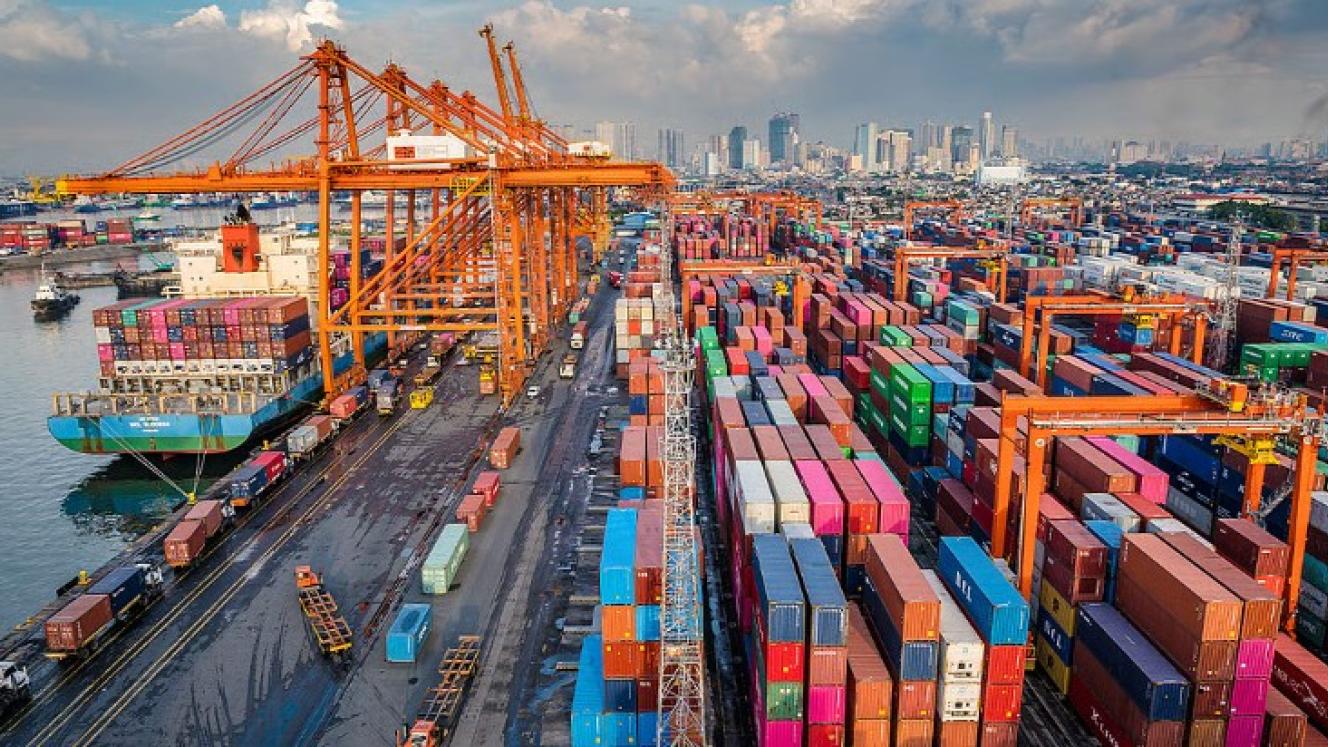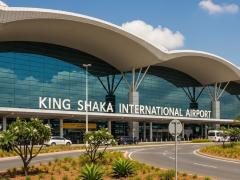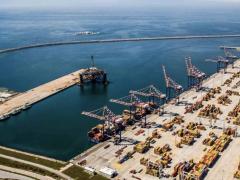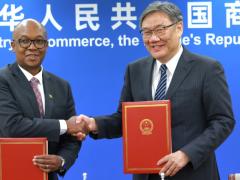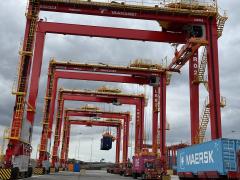South Africa’s proposed new rules regarding foreign truck drivers and job reservation for citizens fly in the face of the progressive ambitions of the African Continental Free Trade Area agreement.
This was among the concerns raised regarding the obstacles to increasing intra-AfCFTA trade under the new agreement at a recent webinar on Trade in Services in Africa.
Francois Fouche, director of Growth Diagnostics at GIBS Business School, said general trade on the African continent was limited and more than 50% of intra-continental trade took place between just five Southern African Customs Union member countries – Botswana, Eswatini, Lesotho, Namibia and South Africa.
“If we extend this to SADC, the region makes up 75% of intra-continental trade. AfCFTA is extremely progressive and ambitious but the implementation is two different worlds,” he said.
Fouche said non-tariff barriers such as delays with customs at border posts and poor road infrastructure as well as concerns about the safety of logistics services and goods were hurdles hampering trade in both goods and services on the continent.
“It is rather challenging for countries to become wealthy without engaging in more trade and not becoming more productive. Trade across borders introduces greater variety of imports for a nation’s consumers but it is more than that,” Fouche said.
“It also introduces more competition into a domestic economy and greater competition is even better for consumers, prices and variety.” He said some smaller economies in Africa were concerned that the liberalisation of trade, and reduction in import tariffs, would bring about only a loss in fiscal income.
“However, this is not necessarily the case, since greater levels of trade – and the opening up of their economies – will likely increase the size of their domestic economies to such an extent that the companies, and other taxes they collect from the increased activity, will overshadow the loss of import tariff fiscal income.” Fouche added that full implementation of AfCFTA was a journey that would take decades.
Donald Mackay, director of XA International Trade Advisors, said South Africa’s recent policy directions in terms of business and labour regulations were contrary to the expansion of trade under the agreement.
He said the move by the government to prohibit foreign drivers from working locally without a permit flew in the face of a SADC agreement to allow drivers access and would hamper trade by making it difficult for SA drivers to travel in other countries.
“A Gauteng township economy law sets aside certain businesses that can only be operated by South Africans, and amendments to labour legislation reserving certain jobs only for South Africans is all happening in the context of a broader trade agreement that seeks to liberalise the movement of services, people and goods in Africa,” he said.

